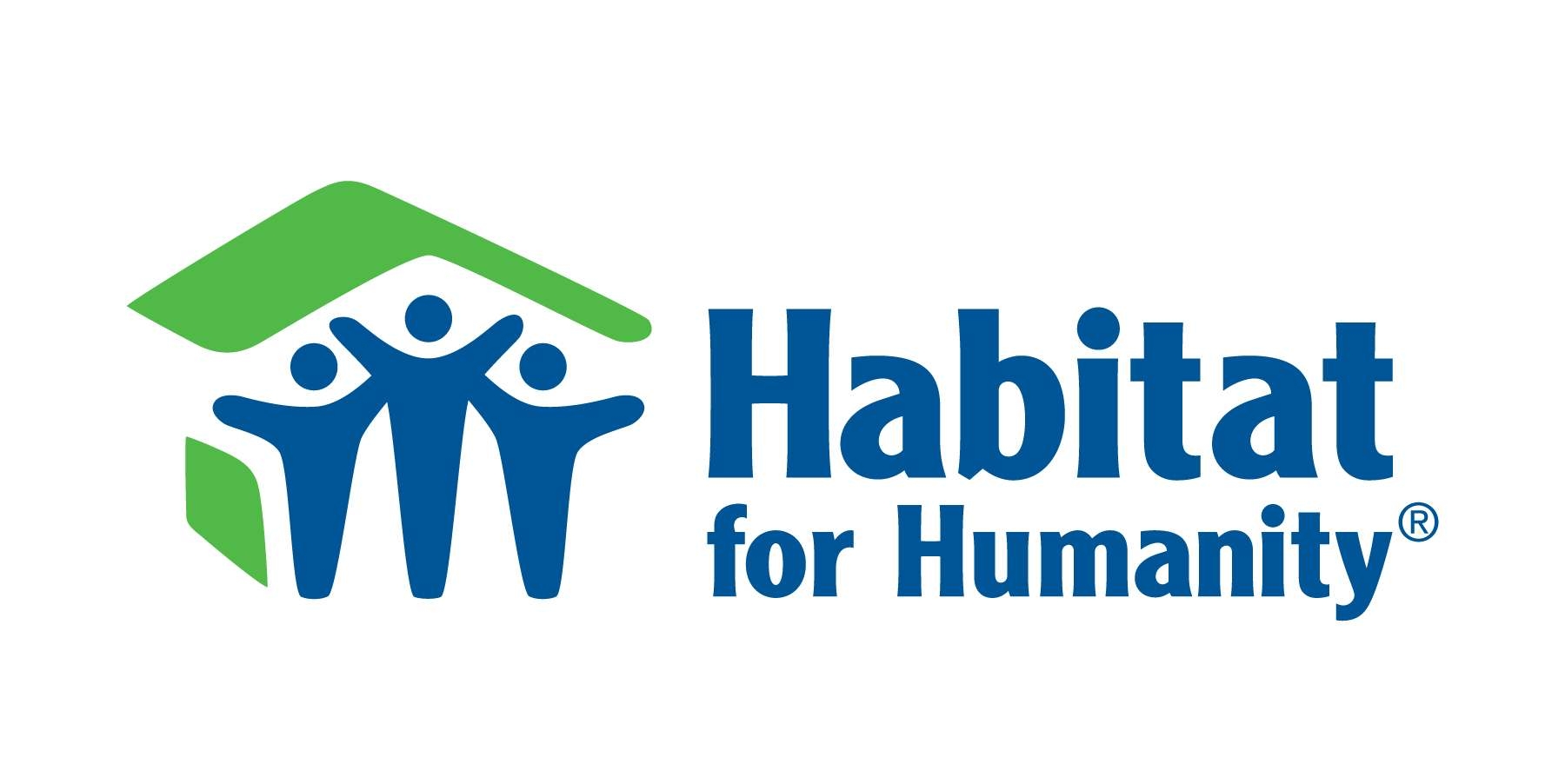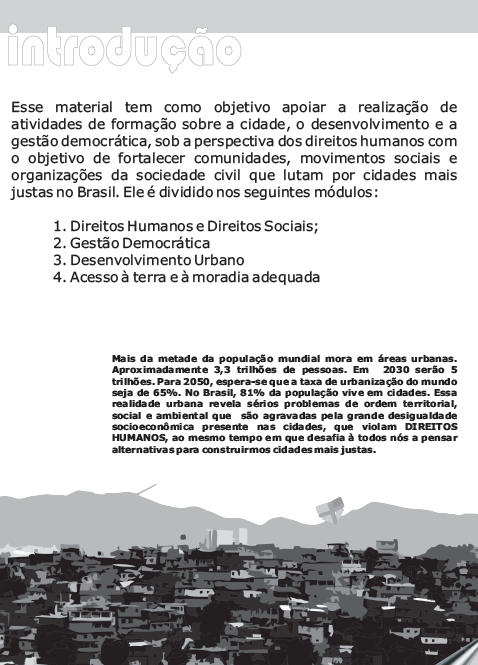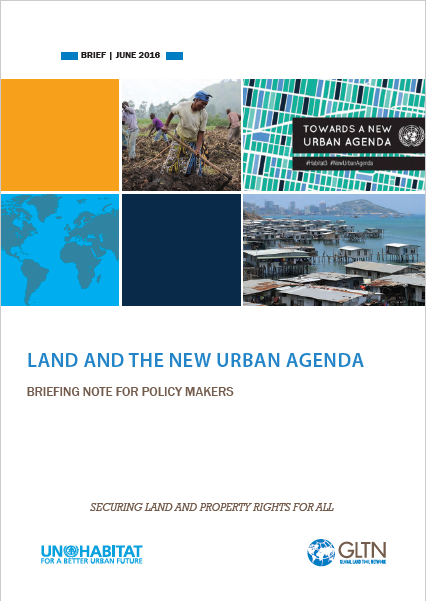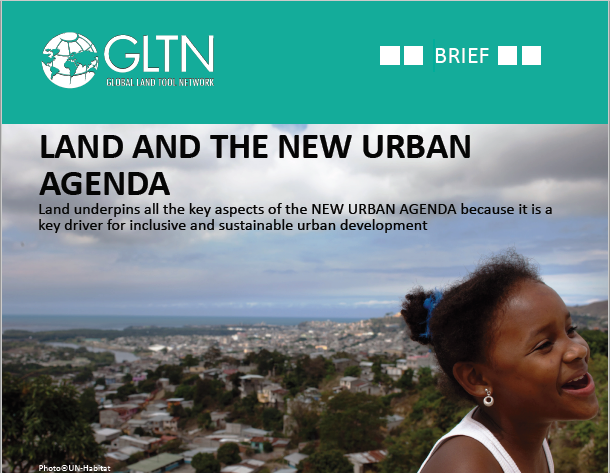About Habitat for Humanity International
Habitat for Humanity International's vision is a world where everyone has a decent place to live. Since 1976, Habitat has helped more than 6.8 million people gain strength, stability and independence through housing, including home construction, rehabilitation and repairs and by increasing access to improved shelter through products and programs. Habitat also advocates to improve access to decent and affordable shelter and offers a variety of housing support services that enable families with limited means to make needed improvements on their homes as their time and resources allow. As a nonprofit Christian housing organization, Habitat works in more than 70 countries and welcomes people of all races, religions and nationalities to partner in its mission.
About Habitat for Humanity International – Latin America and the Caribbean Region (HFHI-LAC)
HFHI through its National Offices or partners is building up an extensive network of allies at both national and local levels in Argentina, Bolivia, Brazil, Chile, Colombia, Costa Rica, Dominican Republic, El Salvador, Guatemala, Guyana, Haiti, Honduras, Mexico, Nicaragua, Paraguay, Peru, and Trinidad and Tobago; carrying out a remarkable work related to land, disaster risk reduction, water and sanitation, community development, housing construction, advocacy, and housing finance issues. Particularly relevant to land the HFHI-LAC Area Office coordinates the GLTN LAC Urban Cluster, a land-focused collective space to activate alliances, mobilize skills, build capacities and engage decision makers, CSO leaders, private sector, academia and communities in innovative land instruments (existing or new) that may develop, accelerate and scale up processes of change and empower the most vulnerable to face the challenges posed by the growth of cities, urbanization, planning, land management, administration and secure tenure. Local and regional land related initiatives are leveraged by ongoing “Solid Ground” HFHI Land Advocacy Global Campaign, and contributing to HABITAT III global process.
Members:
Resources
Displaying 46 - 50 of 320Gestão social da valorização da terra
Esse Caderno Pólis é fruto do projeto “Capacitação de agentes locais: instrumentos didáticos para o ensino da regulação urbanística” desenvolvido pelo Instituto Pólis e apoiado pelo Lincoln Institute of Land Policy. Este projeto parte do reconhecimento de que foi cumprida uma primeira etapa após a aprovação do Estatuto da Cidade, em 2001: a de construção de uma rede e disseminação por todo o território nacional de um grau básico de conhecimento a respeito do Estatuto da Cidade.
CDES direitos humanos e sociais
Esse material tem como objetivo apoiar a realização de atividades de formação sobre a cidade, o desenvolvimento e a gestão democrática, sob a perspectiva dos direitos humanos com o objetivo de fortalecer comunidades, movimentos sociais e organizações da sociedade civil que lutam por cidades mais justas no Brasil. Ele é dividido nos seguintes módulos: Direitos Humanos e Direitos Sociais; Gestão Democrática Desenvolvimento Urbano Acesso  terra e  moradia adequada Mais da metade da população mundial mora em áreas urbanas. Aproximadamente 3,3 trilhões de pessoas. Em 2030 serão 5 rilhões.
Land and the New Urban Agenda – Briefing Note for POLICY MAKERS
Land and the New Urban Agenda - Briefing Note for POLICY MAKERS
Land and the New Urban Agenda – Briefing Note for POLICY MAKERS
Land and the New Urban Agenda - Briefing Note for POLICY MAKERS
Flyer LAND AND THE NEW URBAN AGENDA
LAND AND THE NEW URBAN AGENDA Land underpins all the key aspects of the NEW URBAN AGENDA because it is a key driver for inclusive and sustainable urban development





